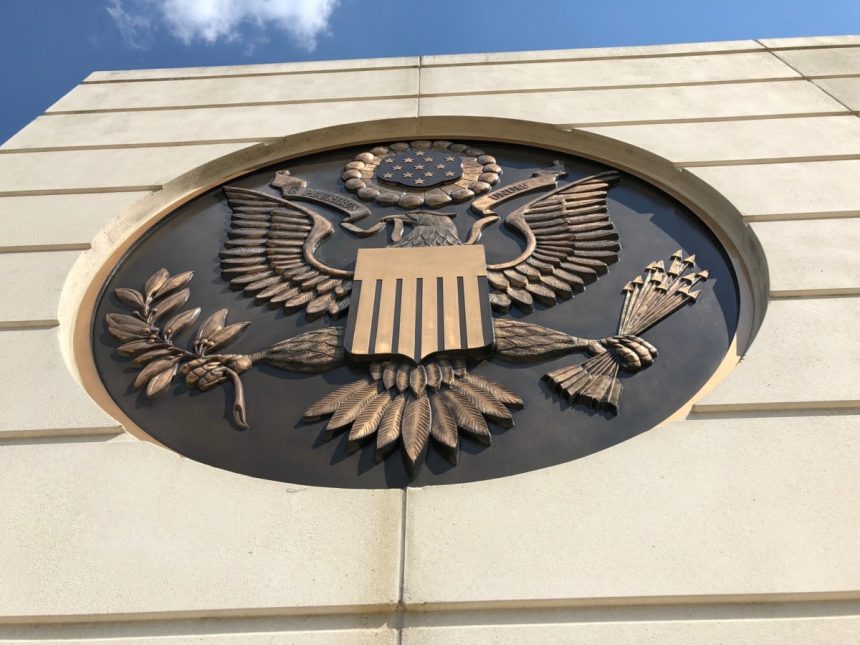A federal judge has decided not to stop the implementation of a new court system in Jackson, one that will handle cases within the Capitol Complex Improvement District.
On Thursday, U.S. District Court Judge Henry Wingate denied a motion from the National Association for the Advancement of Colored People for a temporary restraining order, meaning the legislature-created court is set to go into effect on Jan. 1. The NAACP asked for the order as the judicial system has yet to make a decision on a previous motion related to the court.

In April, the NAACP filed a lawsuit against two controversial bills – House Bill 1020 and Senate Bill 2343 – saying that the legislation infringed on the rights of Jackson residents. Combined, the two bills expand the Capitol Complex Improvement District, a portion of Jackson that is run by state police, and implement a new, unelected court to hear all preliminary and criminal matters within the CCID.

Eric Holder, the former United States attorney general who is representing the NAACP in the case, argued upon the lawsuit’s filing that the goal of lawmakers is to overtake a majority Black city that they have neglected for decades.
“Mississippi House Bill 1020 and Senate Bill 2343 represent a disturbing regression, rolling back decades of progress by stripping Jackson residents of their fundamental right to democratically elect leaders, undermining the authority of those they have elected, and severely restricting their First Amendment right to freedom of speech,” Holder stated. “This Legislative body has proven that they are uninterested in upholding their sworn oath to protect the constitutional rights of their constituents, including the majority Black residents of Jackson.”
Others, including House Minority Leader Robert Johnson III, have asserted that the bills go against the Mississippi Constitution, which states that judges of circuit and chancery courts must be elected by the people.
“All judges shall be elected,” Johnson said in a previous interview. “It doesn’t matter where they are, and this bill still has appointed judges.”

According to H.B. 1020, the CCID court’s judge will be appointed by Chief Justice Mike Randolph while prosecutors will be appointed by the attorney general’s office. The issue at hand is that the bill does not technically qualify the CCID court as a circuit or chancery court. Rather, it is considered an inferior court. The Mississippi Supreme Court upheld its constitutionality in September, comparing it to municipal courts where most judges are appointed by governing bodies.
Rep. Trey Lamar, the lawmaker who wrote H.B. 1020, has repeatedly said that his and other Republicans’ intentions are not to overtake Jackson but to help the capital city as it continues to struggle with high crime rates.
“When I realized sometime probably in February the fight that this was about to be, I said to my cohorts, ‘Look, we’re out here on this now. Just buckle up and we’re fixing to fight this thing to the finish and make sure we get it across the finish line,” Lamar said. “This is our capital city… Anybody who has been through there recently, they know Jackson can do better and so that’s what we’re trying to help.”







